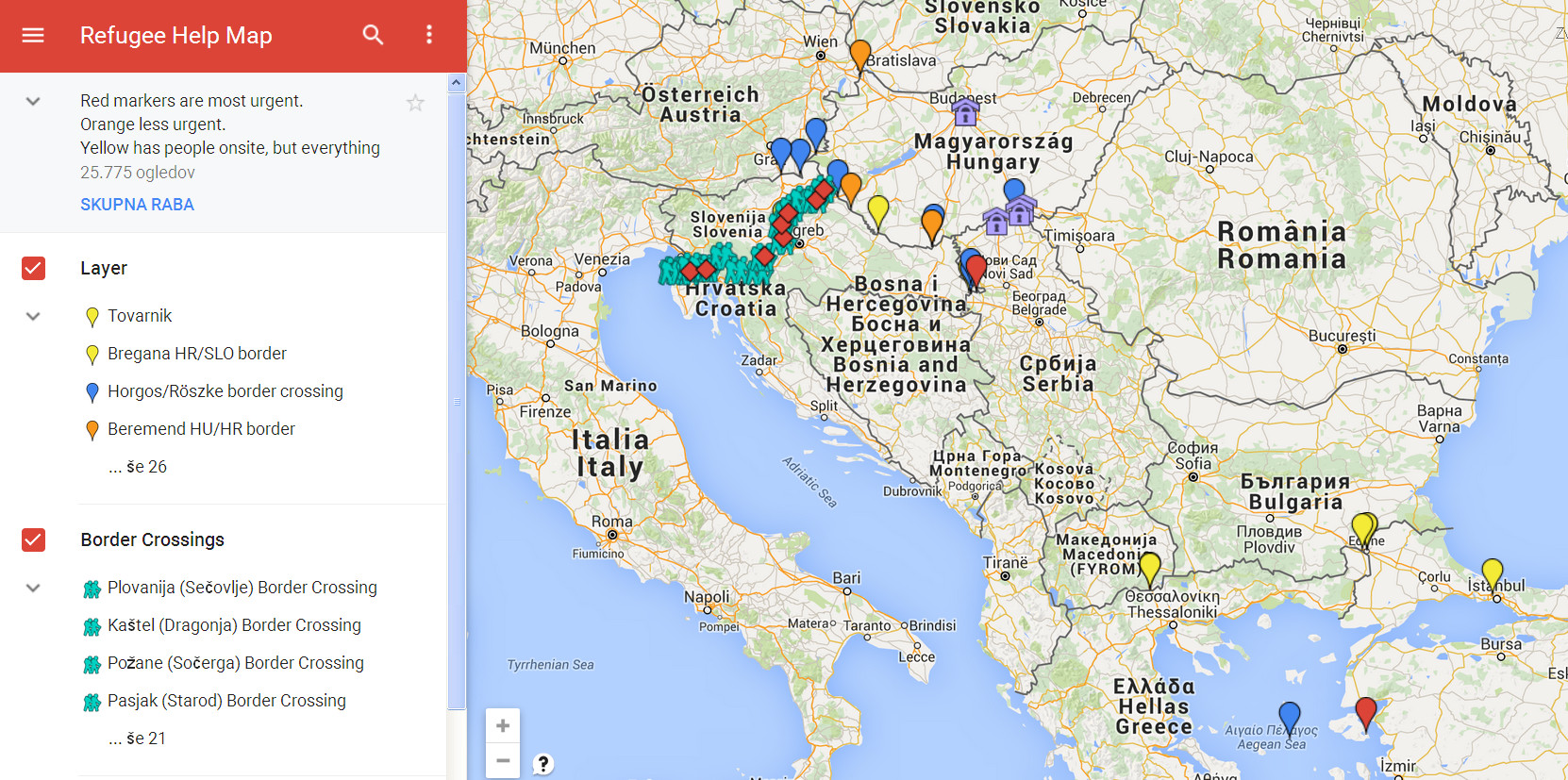The Middle East region has probably suffered more rivalry and conflict than any other part of the world. The 1948 Arab-Israeli war was the first instance of a bloody and hostile battle, triggered by the declaration of Israel’s independence on 14 May 1948 (Schulze 1999, p. 13). The 1948 war was caused by a number of ‘international and intraregional factors’ intertwining to create a complex situation and catalyst for war (Hurewitz 1952, p. 73). The war resulted in Israel’s victory, yet had significant consequences on not only regional politics of this area, but also international relations, which are still visible today. It is a highly complex and intricate topic which has been subject to great historiographical debate (Schulze 1999, p. 17). This essay will discuss three key causes: Zionism, Arab nationalism and British foreign policy, and four important consequences: the loss of life, the problem of Palestinian refugees, Arab divisions and territory changes.
These historic two movements of Arab nationalism and Zionism had been building up significantly since the nineteenth century with the aims of achieving ‘emancipation and self-determination’, both evolving around ‘the concepts of identity, nationhood, history, religion and culture’ (Schulze 1999, p. 1). The Classic Zionist idea originated in the ‘deep-rooted biblical tradition’ in the idea of a proclaimed ‘land of Israel’ where Jewish independence would be restored (Cohen 1987, p. 33). However, it was within the context of centuries of European anti-Semitism and persecution that modern political Zionism arose. The ‘ideological foundation’ was based on the following: ‘the Jewish people constituted a nation and this nationhood needed to be affirmed; assimilation was rejected’ as it was neither desirable nor possible. Furthermore the idea that anti-Semitism could ‘only be overcome by physical separation from Europe and by self-determination’ made Zionism popular (Schulze 1999, p. 1). The ‘religious and cultural ties to the Land of Israel made Palestine the logical territorial claim’ and was perceived as the ‘only viable and permanent solution to the problem of the Jews’ (Schulze 1999, p. 2). Therefore Zionism promoted the belief that Jews were entitled to Palestine and fuelled their zeal in pursuing their fight and struggle to have self-determination. Moreover, the holocaust in Europe ‘generated a renewed and intense determination’ to create a Jewish state (Bell 2001, p. 171). Without Zionism, Arab-Israeli conflicts may never have occurred as the Jews perhaps would have had no desire to create a Jewish state, or at least not enough organisation and support to do so.
Arab nationalism, on the other hand, was born out of the shared language, religion (Islam) and history of the Middle East region and therefore Arab nationalists ‘aspired to political co-operation’ through the Arab League (Bell 2001, p. 176). Modern Arab nationalism arose at the end of the eighteenth century, partly as opposition to European colonialism, which they believed was ‘superfluous in its attainment’ (Schulze 1999, pp. 2-3). The Arabs often perceived western rulers to be pro-Israel. To Arab nationalist radicals, Israel was not just an enemy because of the ‘injustice against their brethren in Palestine’, but also because of its ‘close association with what it perceived as Western imperialist aspirations towards the region’, particularly in regard to oil reserves (Hinchcliffe et al. 2001, p. 13). As a result of this, when the United Nations General Assembly passed a resolution calling for the establishment of a Jewish state, this confirmed their criticisms and suspicions of the West. Arab leaders did not understand why they should have to suffer as a result the holocaust (Bell 2001, p. 172). Therefore Arab nationalism was an important cause of the 1948 war as it gave Arab nations a common enemy, enabling them to unite and fight against not only Zionism, but also western power. It can even be argued that the Arabs worsened the situation by boycotting The United Nations Special Committee for Palestine (UNSCOP). This was intended to consider the views of both Arabs and Jews in the area, and tried to improve tensions (Schulze 1999, p. 11).
Another arguable cause of the 1948 Arab-Israeli war is the impact of British foreign policy and consequently United Nations’ (UN) policy regarding the Middle East. After the First World War, both sides (Zionists and Arab nationalists) ‘believed Palestine had been promised to them’ by the British (Schulze 1999, p. 5). Therefore there were already inconsistencies in British policy as neither side knew where they stood. After the Second World War, Britain held the mandate for Palestine. However the circumstances were ‘utterly transformed by the massacre of European Jews by Nazi Germany’. Due to the ‘wave of sympathy’ felt towards the persecuted Jews of Europe along with the sense of responsibility, ‘Britain came under increasing pressure to permit Jewish immigration into Palestine’, especially from America (Bell 2001, p. 171). The British were in an impossible situation, caught between two conflicting but understandable viewpoints. Therefore they decided to hand the problem over to the UN and withdrew from Palestine in 1948. The UN established a Special Committee for Palestine (UNSCOP), which came to the same conclusion as previous commissions: that the Jewish and Arab claims were of ‘equal validity’ and that ‘the only viable solution to the conflict was the separation of the two communities’ (Schulze 1999, p. 11). Therefore UNSCOP drew up the Partition Plan. However, this was naturally problematic, and as a result, both Jews and Arabs ‘started to arm themselves’ (Schulze 1999, p. 12). Palestinians rejected the UN partition plan, arguing that it was ‘inherently biased and ignored the legitimate rights of Palestinians’ (Hinchcliffe et al. 2001, p. 11).
There have been several major consequences of the 1948 Arab-Israeli war. One main obvious consequence was of course the destruction and loss of life. Not only was there the loss of life from soldiers in both sides, but also innocents were murdered. For example, the Deir Yassin massacre witnessed the death of 245 men, women and children. Moreover, the same month, the Arabs retaliated, killing 77 mainly Jewish doctors and nurses (Ovendale 1999, p. 135).
Another major consequence of the Arab-Israeli war of 1948 was the problem of Palestinian refugees. By the end of the war, the UN estimated that the total refugee population by June 1949 was 940,000 from 369 Palestinian towns and villages. However there are disputes over how many Palestinians actually left, as sources vary (Schulze 1999, p. 16). Regardless of the exact number, the truth remains that there was a significant number of Palestinians who were left homeless as a result of the war. It is the solution to this problem which caused further dispute between Arabs and Jews. The Jewish argument was that Palestinians should be integrated into the Arab states, whereas the Arabs argued that refugees should be able to return to their rightful homes (Schulze 1999, p. 16).
The Arab defeat also had significant consequences. Firstly it demonstrated the lack of united aims and cooperation between the so-called Arab League. The Arab governments ‘all pursued their own objectives’, with King Abdullah of Transjordan willing to accept a Jewish state in return for territorial gains. Therefore the Arab states were divided, with Palestine playing a fairly passive role (Bell 2001, p. 174). However, most significantly, the Arab defeat had ‘important domestic repercussions’. It ‘de-legitimised the existing leadership, leading to revolutions, military coups and instability’ (Schulze 1999, p. 15). For example in Syria, the 1948 defeat was a ‘great tragedy’ and a ‘personal failure’ considered a ‘national calamity’ (Freedman 1979, p. 259). This had an impact on future wars.
Another consequence of the Arab-Israeli war was the territory changes. For Israel this was arguably positive, having increased its territory by 21 per cent in comparison to the partition resolution boundaries. Contrarily, this could also be viewed as negative as it increased hostility from the Arabs who believed Israel should have no land whatsoever. The Arab states increased their territory, with Transjordan gaining the West Bank and Egypt gaining the Gaza strip. This all proves that the Arabs also had the intention of expanding their power and territory. Palestine, however, ‘lost any possibility of a state of their own’ due to the acquisition of land of the Arabs or Israel (Schulze 1999, p.15). To this day, ‘partition remains controversial among Palestinians’. It has been considered that the Palestinians have undergone ‘extraordinary change since 1948’ having been transformed into a ‘mobile people’ (Freedman 1979, p. 218).
To summarise, having analysed Zionism, Arab nationalism and British foreign policy as three key causes of the 1948 Arab-Israeli war, as well as three major consequences of the war, this essay can conclude that the 1948 Arab-Israeli war was a highly complex conflict with its origins going as far back as biblical times. The impacts of the First and Second World War contributed to the foreign policy of the British in handing over the Palestine Mandate to the UN, which consequently resulted in the declaration of independence for Israel. It was this declaration which created uproar amongst Jews and Arabs alike, and instigated the war. The consequences of this war have been catastrophic in shaping Middle Eastern politics even until today. Hinchcliffe states that ‘while major military confrontation between Israel and its Arab neighbours’ has not occurred since 1982, the ‘absence of meaningful peace’ has continued to the end of the century (Hinchcliffe 2001, p. 9).
Bibliography
Bell, P. M. H. (2001) The World Since 1945 – An International History, London: Bloomsbury Publishing Plc.
Cohen, M. J. (1987) The Origins and Evolution of the Arab-Israeli Conflict, London: University of California Press Ltd.
Fraser, T. G. (1980) The Middle East 1914-1979, Documents of Modern History, London: Edward Arnold Publishers Ltd.
Freedman, R. O. (ed) (1979) World Politics and the Arab-Israeli Conflict, Oxford: Pergamon Press Inc.
Hurewitz, J. C. (1952) ‘Arab-Israel Tensions’, Proceedings of the Academy of Political Science, 24:4, pp. 73-81
Milton-Edwards, B. and Hinchcliffe, P. (2001) Conflicts in the Middle-East since 1945, London: Routledge
O’Ballance, E. (1957) ‘The Arab-Israeli War, 1948’, Annals of the American Academy of Political and Social Science, [Review by Duker, A. G.] 313, pp. 175-176
Ovendale, R. (ed) (1999) The Origins of the Arab-Israeli Wars, Harlow: Pearson Education Ltd.
Schulze, K. E. (1999) The Arab-Israeli Conflict, Harlow: Pearson Education Ltd.
Young, J. W. and Kent, J. (ed) (2013) International relations since 1945, Oxford: Oxford University Press.
—
Written by: Selina Kaur Rai
Written at: University of Leicester
Written for: Professor Mark Phythian
Written: 11/2013





